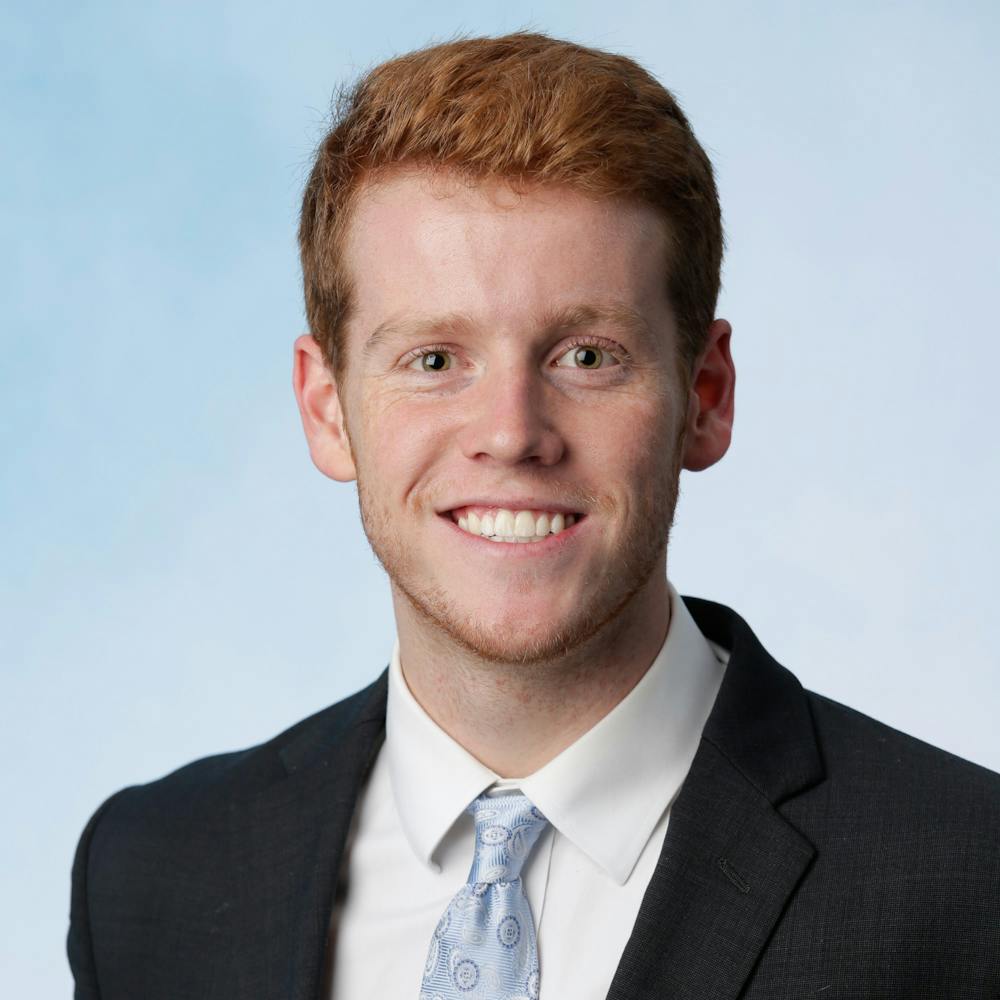Reeves Moseley didn’t expect to begin his term as student body president during a pandemic.
Though his administration’s main focus for the last several months has been the well-being of UNC students during the pandemic, his team is still aiming to work on key platform pillars like civic engagement, combating gender-based violence and supporting students’ mental health this fall.
The rising senior from Argyle, Texas, who took on his role as president in April, became involved in Student Government as a first-year. He served on the Undergraduate Senate for three years and became the executive assistant to former Student Body President Savannah Putnam as a sophomore — the same year student protesters toppled Silent Sam.
Moseley said he was infuriated by the inaction he saw from the UNC System, and noticed a divide between many UNC students, as well as a disconnect between students and Student Government, spurring him to choose the campaign slogan, “Bridge the Divide.”
“Student Government is supposed to serve as that direct source of student advocacy on campus, but people saw it as just another organization and, more so, they saw it as elitist,” he said. “I wanted to change the perception of that and I wanted to be representative of all students.”
He ran on a platform of bridging the gap between the University and traditionally marginalized student groups, as well as the gap between undergraduate Student Government and Graduate and Professional Student Federation.
Now, he said he is also working to bridge the gap between students and University administration when it comes to information about COVID-19, working to provide resources and answers to students about returning to campus in the fall.
Moseley moderated a webinar in early June, where students could ask Chancellor Kevin Guskiewicz and public health officials questions about the Carolina Roadmap for the fall semester.
Danny Bowen, chief of staff of undergraduate Student Government and Moseley’s policy director during his campaign, said the COVID-19 pandemic has been at the forefront of discussions with administrators and students.



